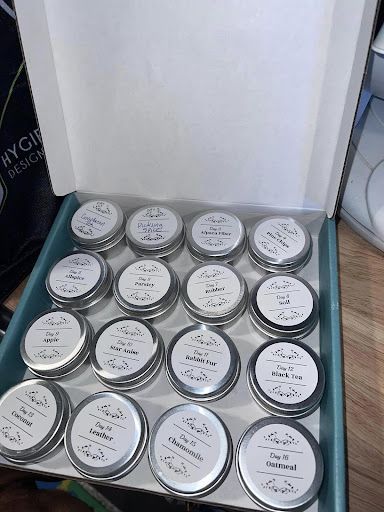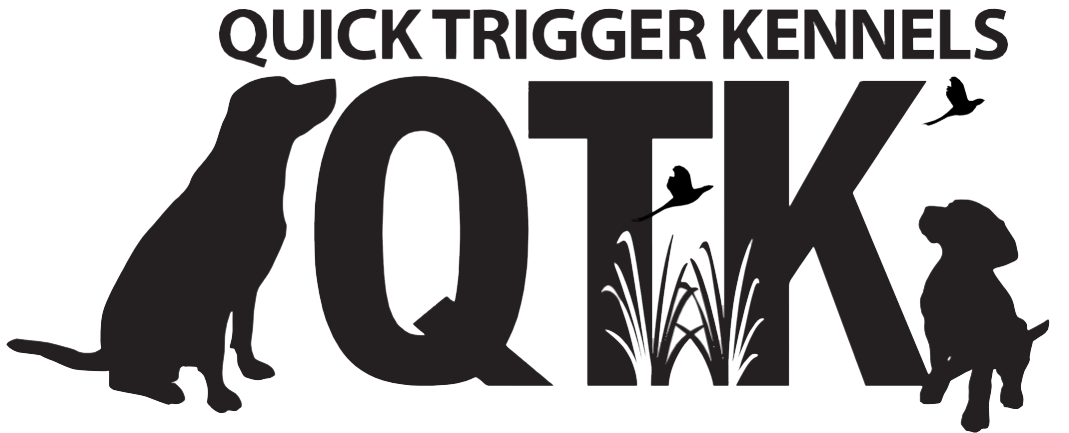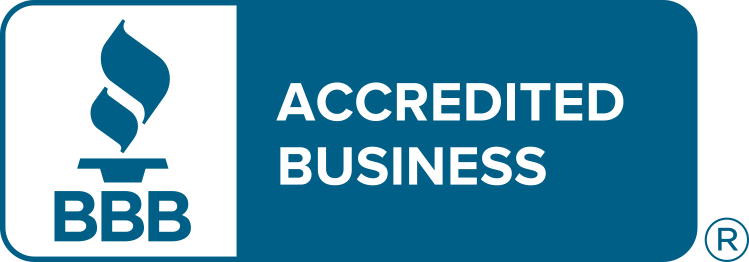Early Neurological Stimulation (ENS)
Early Neurological Stimulation (ENS) is a structured training program designed to introduce mild stimulations to very young puppies (days 3–16). This period is believed to be a critical window of rapid neurological development, during which puppies are particularly sensitive to stimulation.
ENS was originally developed by the U.S. Military to enhance the performance of future military working dogs. The program was later adapted for breeders through the Breeding Better Dogs initiative by Dr. Carmen Battaglia—a breeder, judge, seminar presenter, and AKC board member.

How ENS Works
ENS involves five specific exercises, performed once per day per puppy in a controlled manner. Each puppy is handled individually, and the exercises are conducted in a precise sequence before moving on to the next pup. ENS must be performed between days 3–16 for effectiveness. ENS is not a substitute for regular handling, socialization, or affectionate interactions with puppies. By incorporating ENS into early puppy development, breeders can maximize the potential of their dogs, setting them up for stronger health, resilience, and adaptability in life.
Learn more about ENS:
AKC Expert Advice on ENS
What Are the Benefits of ENS?
When performed correctly, ENS is believed to stimulate early neurological development, activating the nervous system earlier than normal. This results in enhanced cognitive and physical performance later in life.
Observed Benefits of ENS include improved cardiovascular performance (heart rate), stronger heart beats, stronger adrenal glands, more tolerance to stress, and greater resistance to disease. In tests of learning, ENS stimulated pups were more active and exploratory than their non- stimulated littermates, according to Breeding Better Dogs (Dr. Carmen Battaglia).
Early Scent Introduction (ESI)
Early Scent Introduction (ESI) is a training program designed to enhance a puppy’s ability to identify and react to specific scents. Conducted from days 3–16, this training takes advantage of a critical neurological development period, strengthening a puppy’s sensory processing and scent recognition skills. ESI is conducted alongside Bio-Sensor (ENS) training to maximize neurological development. While humans rely primarily on vision, a dog’s primary sense is smell, making early scent exposure a valuable tool in their cognitive and sensory growth.
How ESI Works
Each day, a pungent scent is introduced to the puppy for a brief interval, and their reaction is recorded:
- Positive Reaction – The puppy moves toward the scent, engaging with it actively.
- Negative Reaction – The puppy pulls away from the scent.
- Neutral Reaction – The puppy shows no strong interest or disinterest.
A seven-year study led by Gayle Watson, PhD, examined the long-term effects of ESI in Gaylan’s Golden Retriever litters. The study compared dogs with early scent detection training to those without it, tracking their success in sporting and scent-based competitions. They found that dogs that underwent ESI earned more scenting titles overall, they excelled in more complex scenting categories, and that they achieved these titles 2.5 to 5 years earlier than non-ESI dogs.
Why Perform ESI?
Scent is a dog’s primary way of experiencing the world. Introducing puppies to natural scents at an early age provides long-term benefits, including:
- Improved scent detection ability for tracking, hunting, and service work
- Increased confidence and stability as adults
- Better stress tolerance and adaptability
- Reduced risk of behavioral issues
ESI is especially valuable for dogs that will serve in detection roles, hunting, scent-work competitions, therapy, or service work. Even at a young age, puppies can be introduced to job-specific scents, reinforcing their connection to that scent and laying the foundation for future training success.
ESI at Quick Trigger Kennels
We are committed to giving our puppies every advantage from birth. By incorporating ESI into our early training program, we provide a strong foundation for scent recognition that will serve our puppies and their owners in countless ways. Even if you don’t foresee an immediate need for advanced scent work, having this built-in skill is like money in the bank—it may prove invaluable in the future.
Through Early Scent Introduction and Early Neurological Stimulation, QTK is proud to produce well-rounded, highly capable puppies that excel in any role, whether as a working dog, competitor, companion, or family pet.


QTK Sound Program
Did You Know? Puppies Are Born Deaf and Blind!
Newborn puppies enter the world with their eyes and ears sealed shut, relying entirely on touch and smell for the first two weeks of life. Around week three, their eyes and ears open, giving them an entirely new way to experience the world.
QTK believes that early sound training plays a crucial role in helping puppies develop confidence, reduce stress, and prevent unwanted behaviors such as alert barking. Puppies encounter a variety of sounds throughout their lives—some are continuous (like traffic noise), while others are sudden and startling (like a slamming car door). By gradually exposing them to everyday sounds, we help them adapt and respond calmly to different environments.
Introducing Sound Gradually
At QTK, we begin using sound even before puppies are born. As the dam starts nesting in the whelping room, we play “Puppy Lullabies”—a collection of soft, calming music. Just like lullabies help soothe human babies, we’ve found that this gentle background music comforts both the mother and her puppies. You may even notice music playing in many of our videos!
The real sound training starts between days 18–20, when puppies are first exposed to brief noise stimulation. At this stage, they have no fear of sound, making it the perfect time to introduce and desensitize them to loud noises.
The Importance of Sound Training
We live in a world full of new, loud, and unexpected sounds. Whether inside the home, at a dog park, or out in the world, puppies will regularly encounter a variety of noises. Proper sound training ensures they grow into well-adjusted, confident dogs.
Sounds We Introduce in Our Program:
- Inside the Home – Vacuum cleaners, dishwashers, television, music, doorbells, household chatter
- Outdoor & Public Environments – Birds chirping, barking dogs, traffic noise, city sounds
- Sudden or Unusual Noises – Fireworks, thunderstorms, grooming tools, baby cries, children playing
At nap time and bedtime, we continue playing Puppy Lullabies, creating a consistent sleep routine that helps puppies relax. Many of our puppy owners find that using this same music in their homes aids in nighttime transitions.
Continuing Sound Training at Home
To reinforce this early training, we highly recommend that new puppy owners continue sound exposure after bringing their puppy home. Gradual and controlled introductions to new sounds will help your puppy remain calm and well-adjusted in different environments. By starting early and maintaining consistency, we help each QTK puppy develop into a confident, resilient companion!
If you're interested in one of our upcoming litters, available puppies, or would like to learn more about our dogs, don’t hesitate to reach out. We would love to answer any questions and help you find the perfect Labrador for your family.
Contact us at (651) 302-1350 or via email at quicktriggerkennels@gmail.com. You can also follow us on Facebook for regular updates and photos of our dogs in action!

